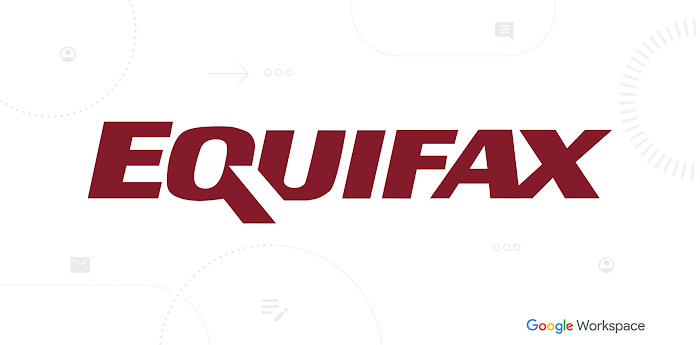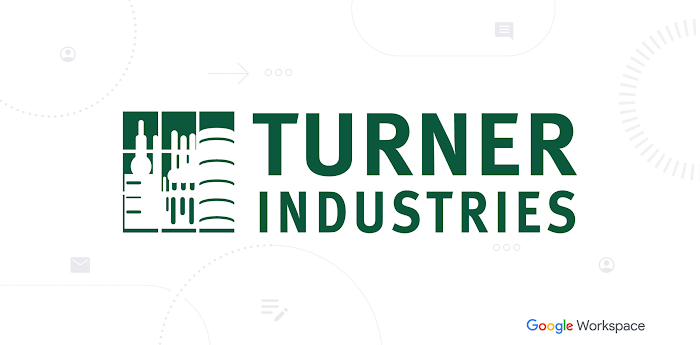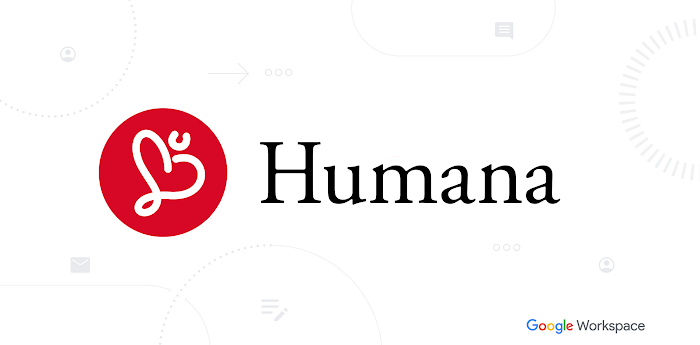Forus takes huge tech leap to Google Workspace to foster collaboration and build community
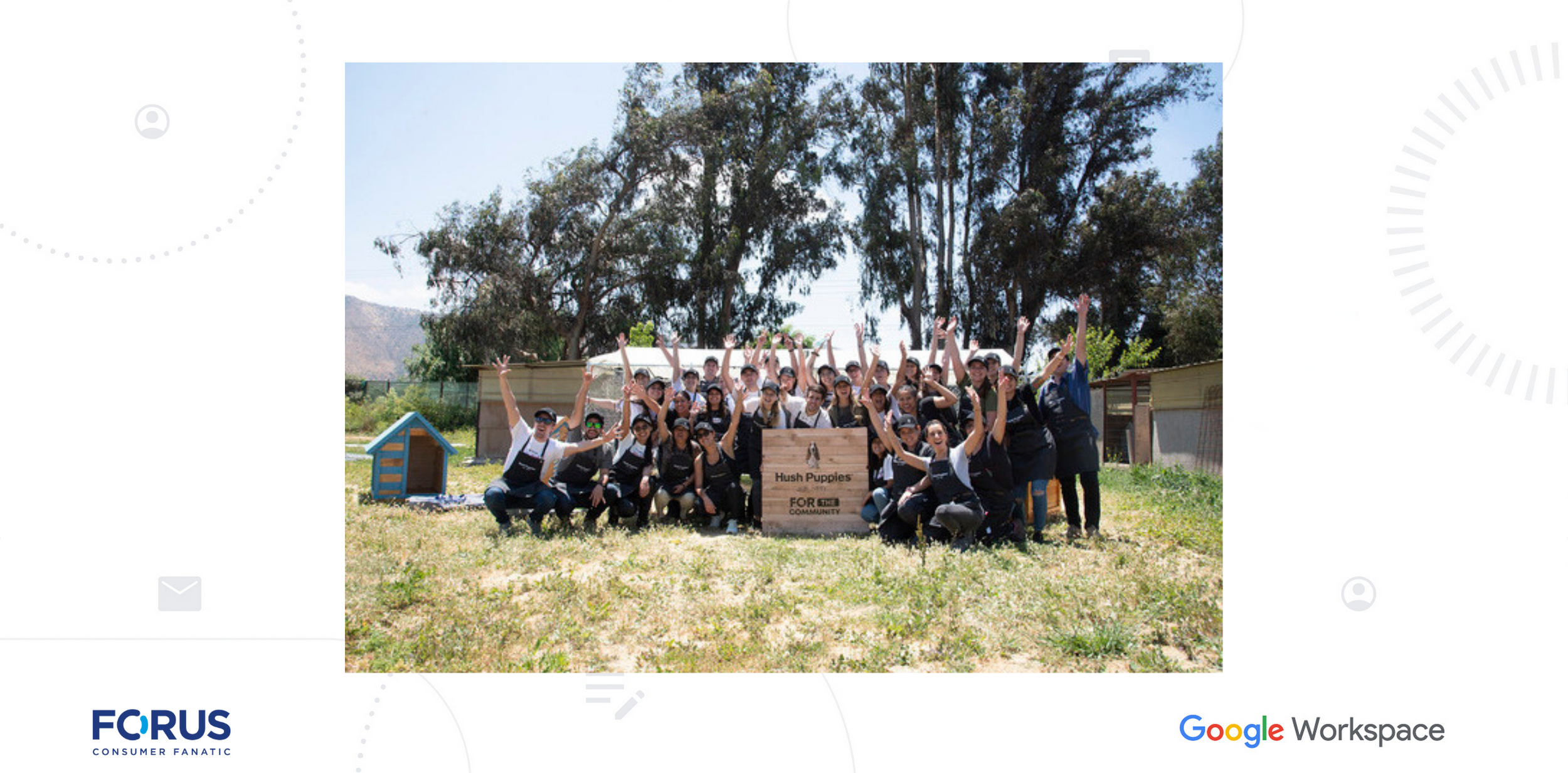
The Google Workspace Team
Google Workspace Newsletter
Keep up with the evolving future of work and collaboration with insights, trends, and product news.
SIGN UP“We’ve gone from struggling to work productively to collaborating as a tight-knit community of nearly 3,500 members using Google Workspace. These apps have rocketed us far beyond where we used to be technologically. ” — Andrés Vizcarrondo, Chief Digital Officer, Forus
Snapshot: Founded as a family-owned business in Chile in 1980, Forus has become a South American distributor for some of the world’s most popular apparel and footwear brands, including Under Armour, Columbia, Patagonia, Hush Puppies, and Vans. With over 3,400 employees in nearly 400 stores across four countries, the Forus team needed a way to collaborate efficiently — in real time and asynchronously. Learn more about how the company uses Google Workspace to:
Build community by making it easier to work collaboratively
Enhance communication among employees, improving efficiency, productivity, and work/life balance
Ensure the company’s intellectual property and data are managed securely
Increase employee adoption and satisfaction by using a change management partner to smooth the transition to Workspace
The mission and the challenge
With some 3,400 people spread out across 2,175 miles, Forus team members felt isolated and craved more connection with their colleagues. The South American apparel and footwear distributor was using technology that made collaboration and communication difficult between Chilean headquarters and stores and offices in Peru, Uruguay, and Columbia.
Andrés Vizcarrondo, Chief Digital Officer at Forus, reports that the company’s sales force is constantly on the move, from offices to stores to on-site client meetings. “We not only need to collaborate in real time,” he says, “we need to sync the work we do offline in the field once we’re back online. But we couldn’t do it efficiently, if at all.”
Before the adoption of Google Workspace, the company relied on outdated productivity software and offline applications that limited communication to emails and phone calls, and made sharing documents a challenge. “Being in different time zones can make it difficult just to have a conversation outside of working hours,” Vizcarrondo notes. “Collaborating on documents, spreadsheets, and presentations—and managing version control—was next to impossible.”
Despite these stumbling blocks, some longtime employees and members of the management team were resistant to change, wary of the learning curve that often accompanies new technology. Forus needed intuitive, easy-to-use tools that would foster collaborative work while creating a sense of community across four countries.
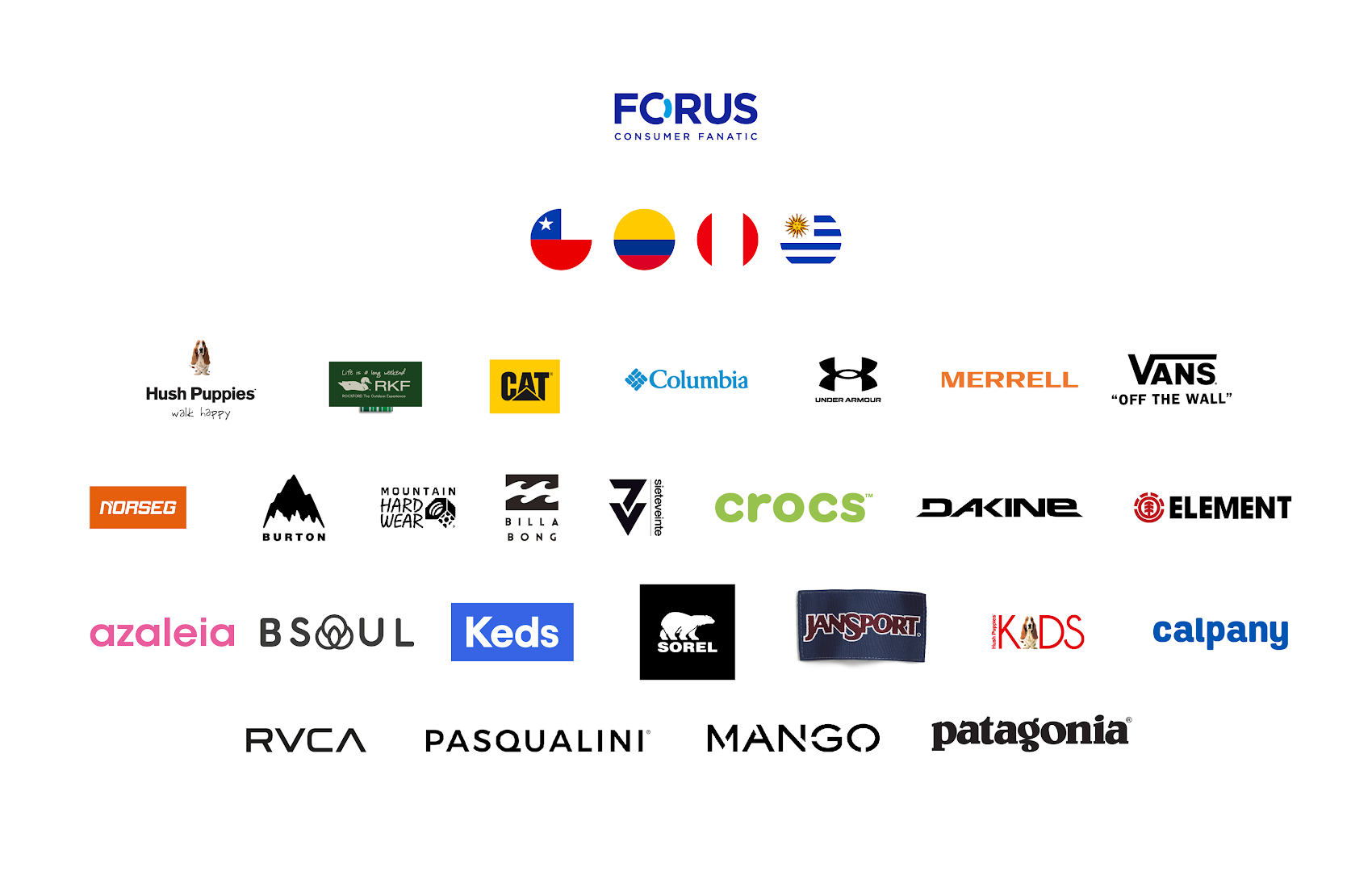

The switch to Google Workspace
Vizcarrondo reached out to Google, which recommended the services of Premier Partner Noventiq to help Forus implement Workspace. As change management specialists, Noventiq evangelized the benefits of Workspace prior to beginning the switchover to overcome any hesitancy among the Forus team. Then, while one Noventiq project manager focused on the technical aspects of user collaboration, another managed the resulting culture shift.
After only six months, more than 70% of employees were using Workspace.
“When each country was managing their own documents on their own systems, our information was siloed and we were often creating more problems than we were solving,” Vizcarrondo recalls. “Now, I can work on the text in Google Slides while someone else creates the charts and another cleans up the design. Workspace has given us a unified set of tools that creates a sense of community, helps us work cooperatively, and ensures consistency across shared documents.”
The commenting feature in Google Docs, Slides, and Sheets is especially helpful in keeping a new, nonlinear workflow moving smoothly.
The Forus IT team is satisfied as well. Rather than juggling different mail servers, mail clients, and software licenses in each country, switching to a single platform has made IT management easier and less expensive. With the Chilean and Colombian teams onboard, next up is implementation for team members in Uruguay and Peru.
Workspace has also improved data security at Forus. “As a publicly traded company we’re obliged to be very cautious with the information we share,” Vizcarrondo notes. Information used to be transferred via personal email or portable drives, but Workspace keeps all data on Forus’ servers, and its granular access privileges let IT manage who has access to what.
“Using tools that have proven to provide a secure data environment gives us peace of mind,” says Vizcarrondo. “We’ve even been able to eliminate the need for hard copies of some contracts and confidentiality agreements, which translates into significant cost savings.”
In addition, implementing Workspace resulted in improved work/life balance. The results of a post-implementation company survey showed a significant increase in employee satisfaction scores.


Looking ahead
While Docs, Slides, Sheets, and Calendar are currently the most widely used apps at Forus, some of the more tech-savvy employees have started experimenting with Gemini for Google Workspace. Vizcarrondo himself uses Gemini to draft and shorten his emails, something he previously found challenging. “Gemini has also been incredibly helpful for extracting data from external sources and transferring it to Google Sheets automatically.”
Vizcarrondo believes other companies like his could benefit from consolidating on Workspace, adding that finding the right partner to manage the switch can make all the difference. “We had to get over our fear of change, close our eyes, and take the leap,” he says. “We expected the process to be challenging, but with the support of Google and Noventiq, we achieved everything we had hoped for.”

